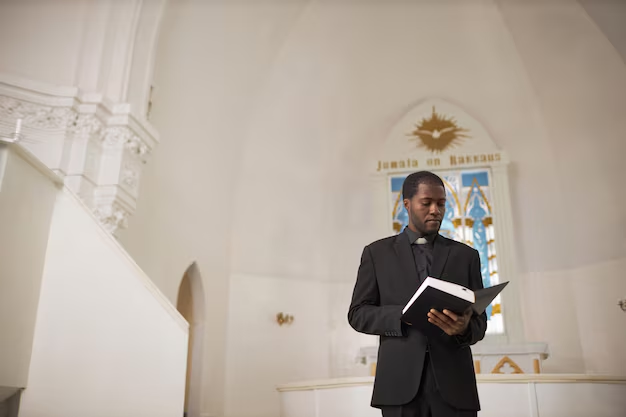How to Become a Catholic Catechist: Essential Degrees and Certifications
Embarking on the path to becoming a Catholic Catechist is an enriching journey that requires dedication and the right educational background. While the primary role of a catechist is to educate others about the Catholic faith, many dioceses place a significant emphasis on formal training to ensure catechists are well-prepared for this vocation. While a specific degree might not be mandatory, pursuing a bachelor's degree in theology, religious studies, or a related field can greatly enhance a catechist's understanding of the faith and improve their teaching capabilities. Additionally, various dioceses offer certification programs that focus on catechetical training. These programs typically encompass both foundational theological knowledge and practical teaching skills, equipping participants to effectively engage and educate their audiences.
Many catechists find that attending workshops and seminars further enhances their skills and provides valuable networking opportunities. These sessions often cover a variety of topics, from advanced theological concepts to effective communication techniques, all of which are crucial for a successful catechetical ministry. Taking the time to engage deeply in these educational opportunities not only strengthens one's personal faith but also ensures that catechists can impart accurate and inspiring teachings to others.
Relevant Degrees and Certifications for Aspiring Catholic Catechists:
-
🎓 Bachelor's Degree in Theology or Religious Studies
A comprehensive understanding of Catholic doctrine and history. -
📜 Catechetical Certification Programs
Offered by many dioceses, combining theology with teaching methods. -
🏫 Workshops and Seminars
Ongoing education in theology and educational techniques. -
📘 Master's Degree in Religious Education (optional)
For those aiming for advanced roles within catechetical leadership.

Related Topics
- Becoming Dental Hygienist
- Becoming A Phlebotomist
- Dental Hygienist Duration
- Dialysis Tech Timeline
- Dialysis Technician Timeline
- Flight Paramedic Duration
- Hygienist Timeline
- Become Lab Tech
- Mammography Tech Timeline
- MRI Technologist Duration
- Nurse Technician Timeline
- Pathologist Assistant Timeline
- Pediatric Sonographer Timeline
- Pharm Tech Timeline
- Pharmacy Technician Timeline